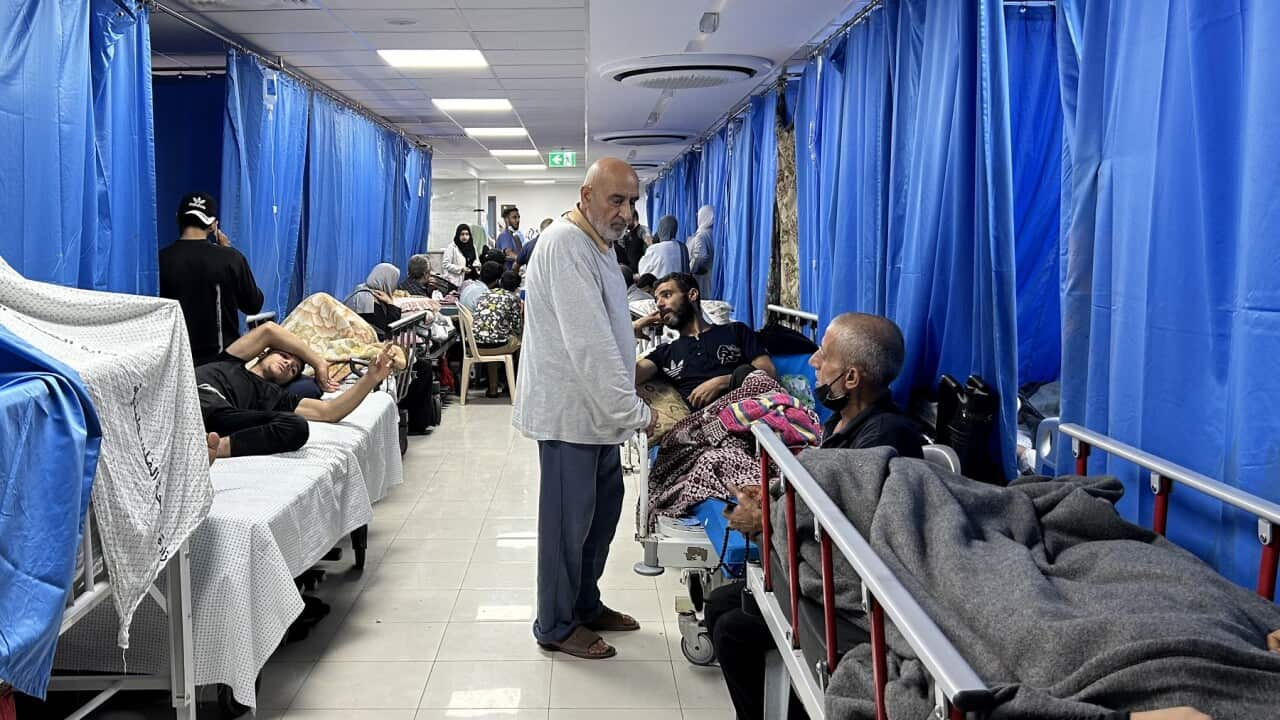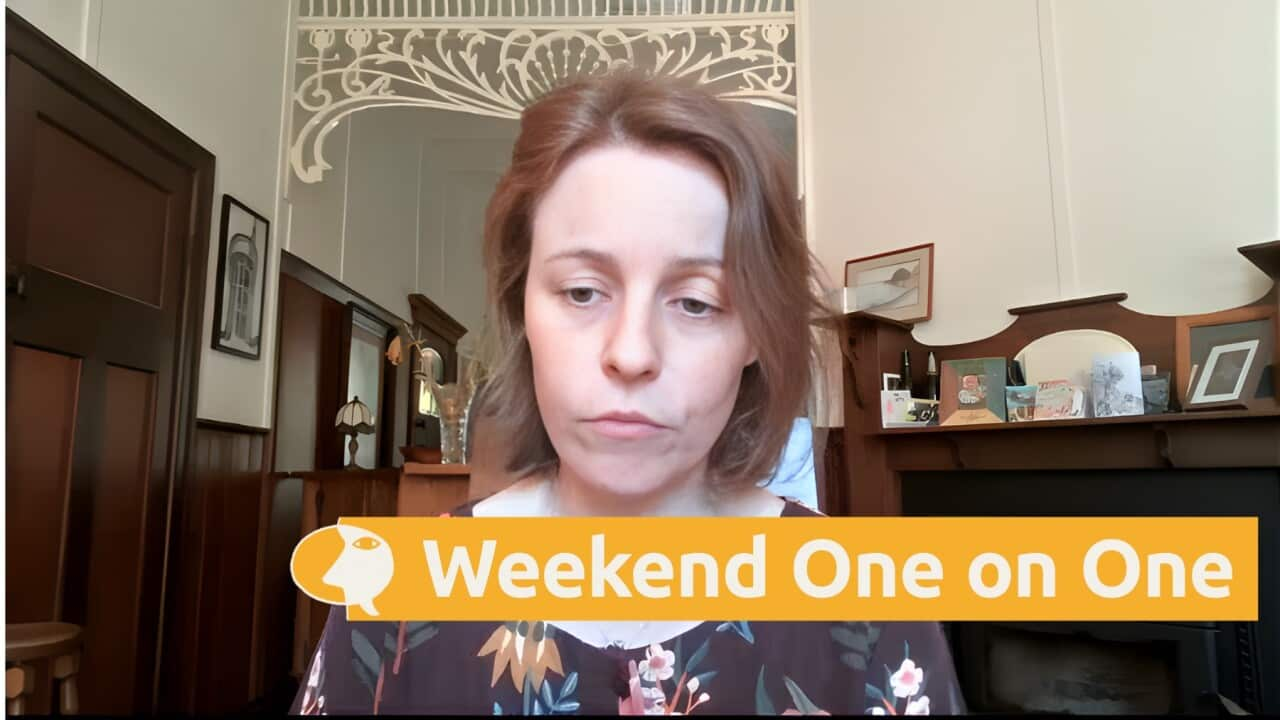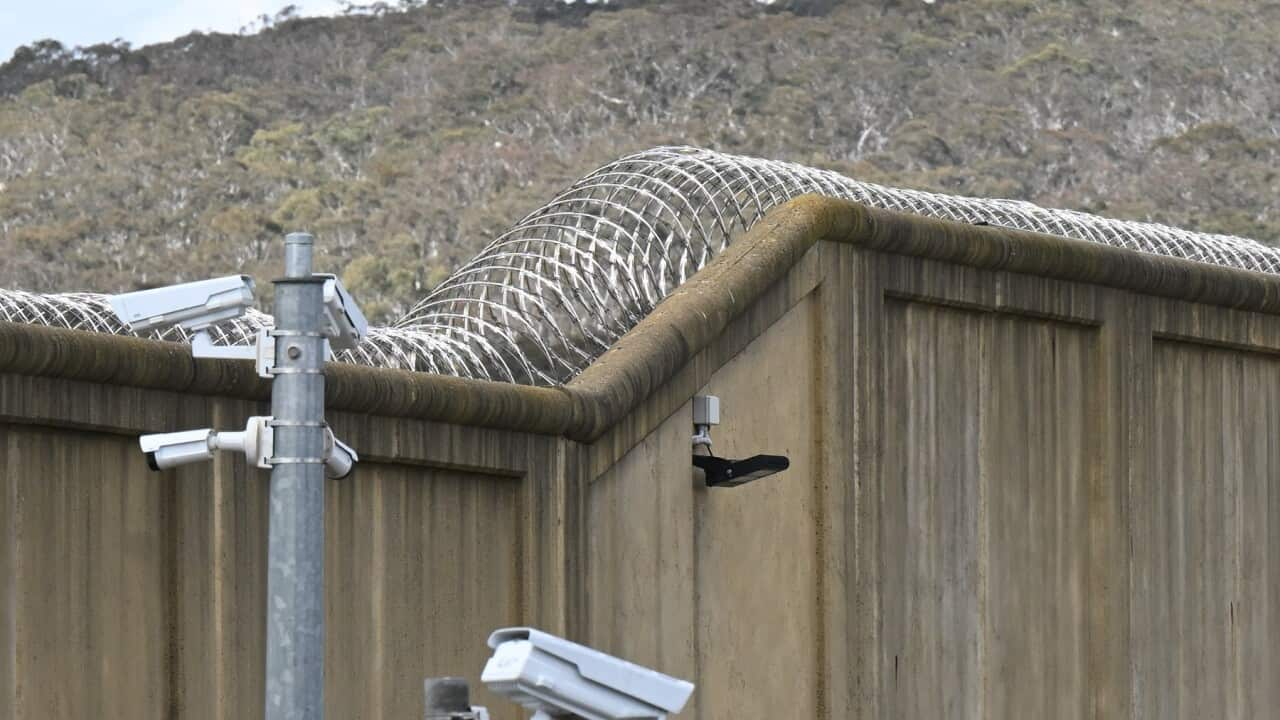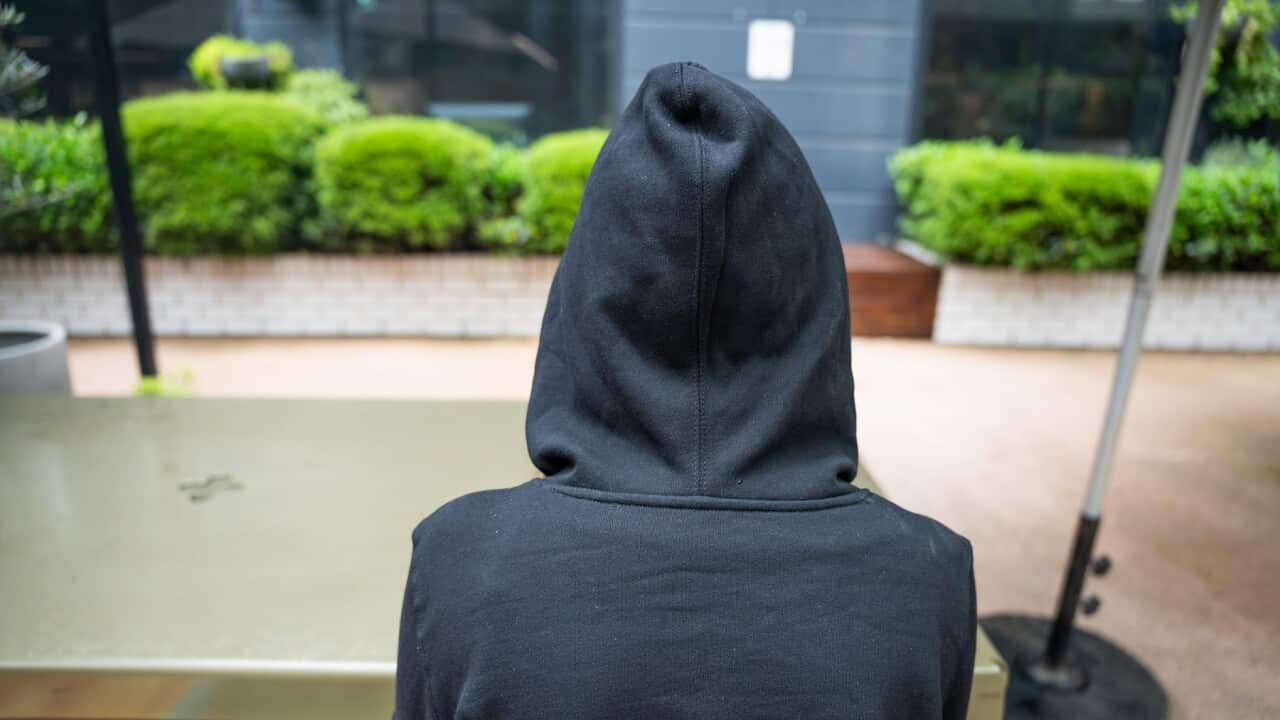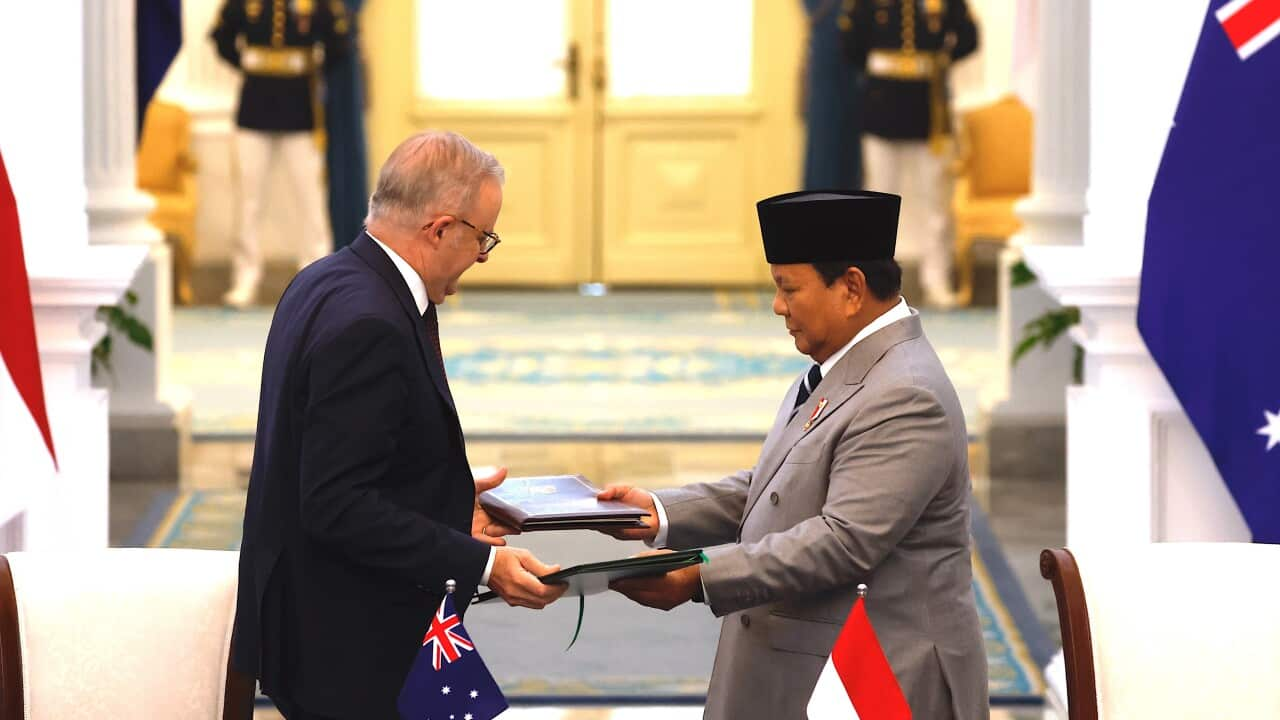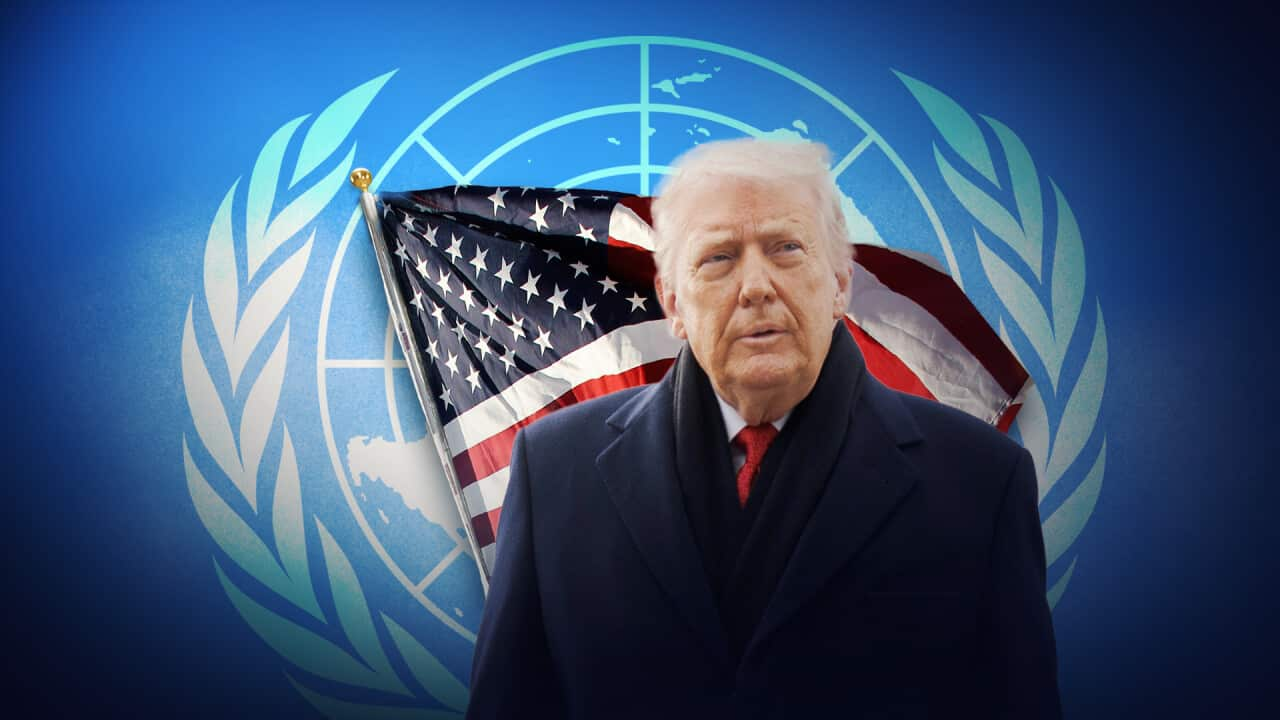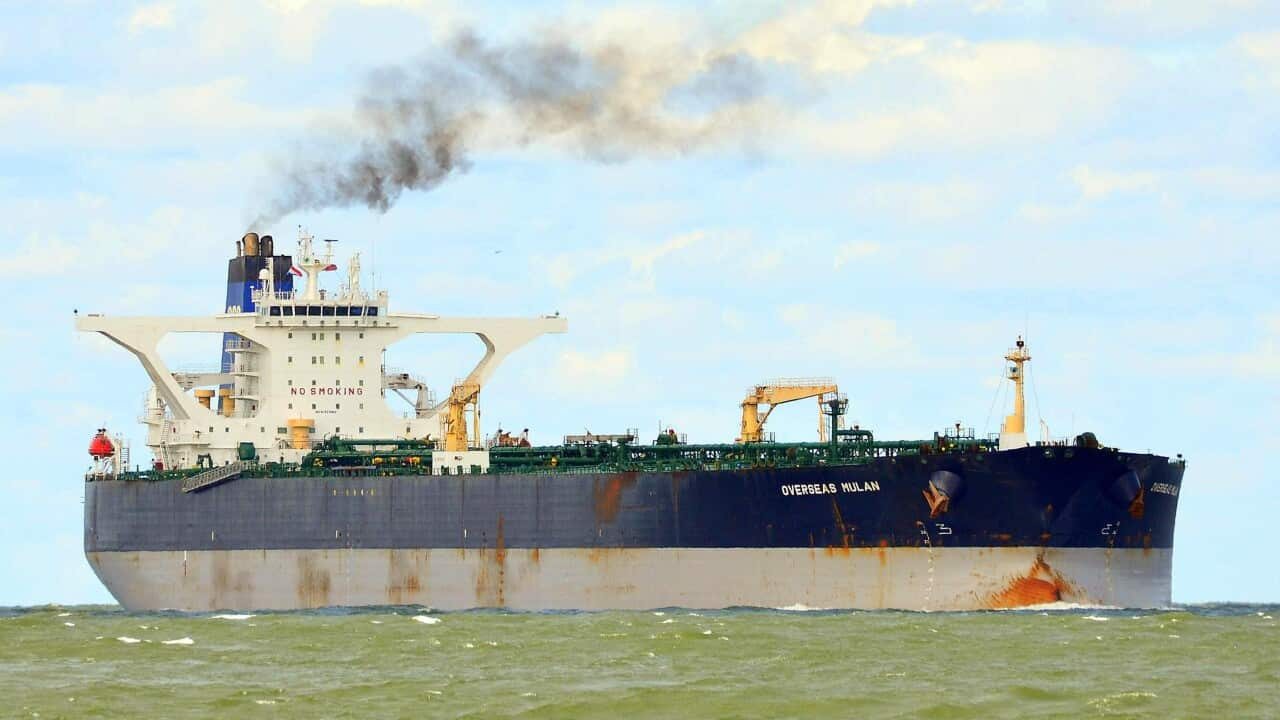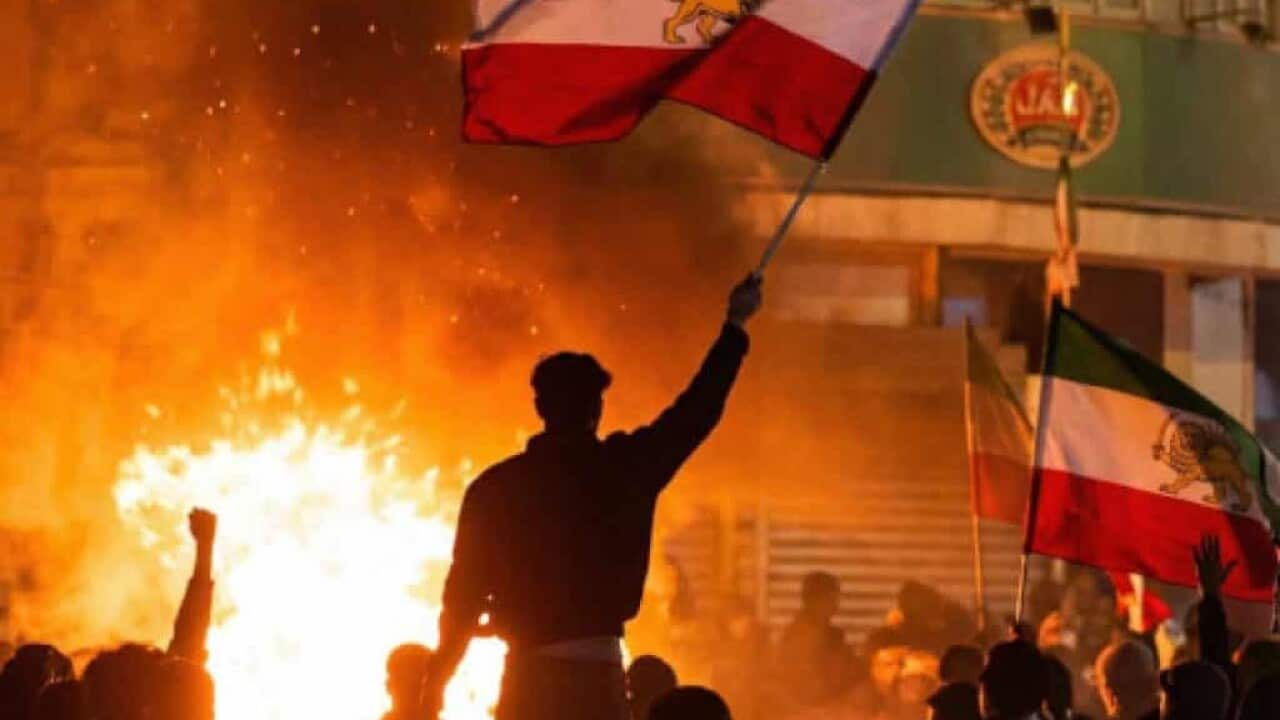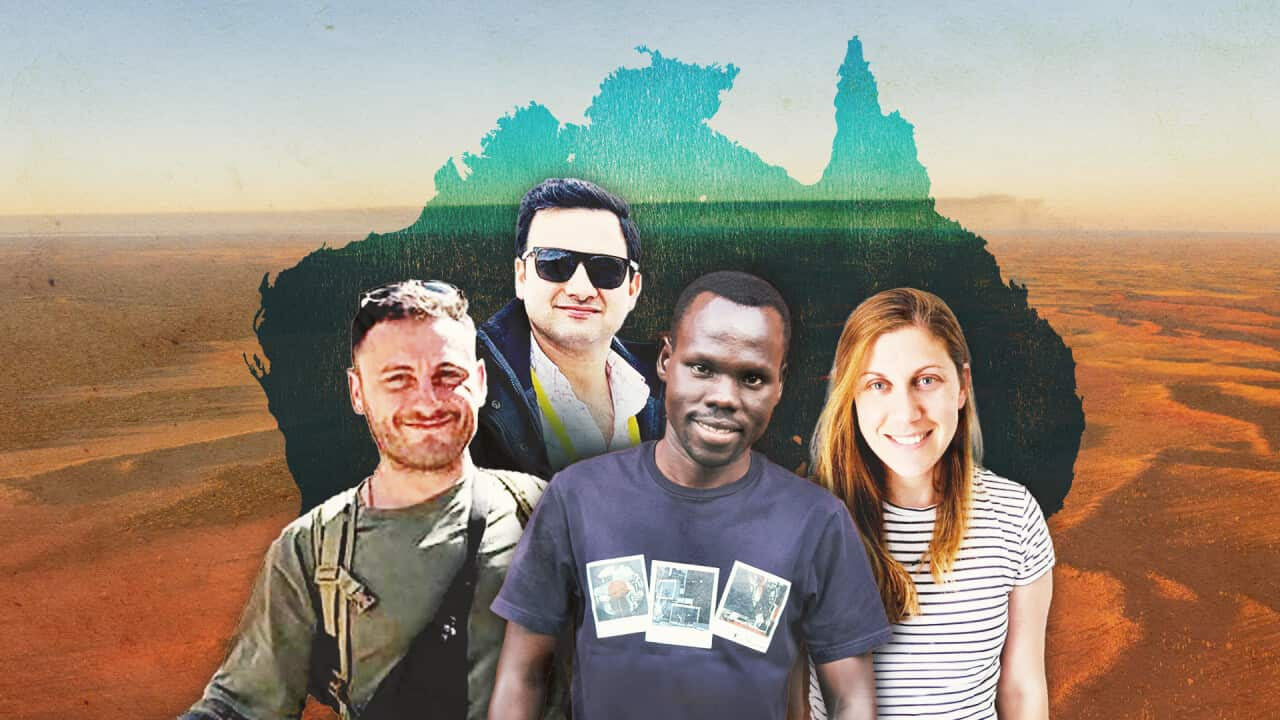Listen to Australian and world news, and follow trending topics with SBS News Podcasts.
TRANSCRIPT:
Al-Shifa hospital in northern Gaza is the region's major hospital.
It's been where thousands of displaced Palestinian locals have been hiding from Israel's bombardment of the city.
W-H-O spokeswoman Margaret Harris says an estimated 3,000 internally displaced people are working or sheltering there, along with more than 700 patients - and somehow the hospital is still going.
"We know also that there's not enough food, that the staff are struggling to get any clean water because their water tanks were destroyed, but they are still doing everything they can to keep providing medical care for the desperately ill patients they have. So we actually still describe Al Shifa as a functioning hospital because of the heroic efforts the staff are making.”
But its grim situation is about to get even worse.
Israel has announced it's carrying out an operation at the hospital based on "intelligence information" and "operational necessity".
The White House’s national security council spokesperson, John Kirby, says the U-S also has intelligence that Hamas is using Al-Shifa to hide military operations and hold hostages.
"Now to be clear, we do not support striking a hospital from the air, and we do not want to see a firefight in a hospital where innocent people, helpless people, sick people, are simply trying to get the medical care that they deserve, not to be caught in a crossfire. Hospitals and patients must be protected."
The military says Al-Shifa is not under siege and that there are medical teams and Arabic speakers in its ranks who are specially trained for what they are describing as a "complex and sensitive environment", to ensure no harm is caused to the civilians.
Medics and officials have rejected those statements, saying that those trying to leave have come under fire, and that there's no way to evacuate more than 30 newborns, despite an Israeli offer to supply incubators for that purpose.
Hamas for its part says it doesn't accept Israel's Defence Minister saying the group is defeated in the northern part of the Gaza Strip.
A senior Hamas official has told a news conference in Beirut its battle with Israel is still at its beginning, and Hamas' armed wing is "in control" of the combat situation.
Further to the north, there are regular skirmishes between Hezbollah and Israeli forces on the Lebanon border.
But Israeli Prime Minister Benjamin Netanyahu has said the I-D-F is prepared for an escalation there.
"Our goal is, first of all, a complete victory over Hamas in the south and the return of our hostages. Second, of course, is to ensure that after the war Hamas does not return, something similar to Hamas does not return - we will ensure that as well. Third, and no less important, is to take care of the northern sector. In the northern sector at the moment there are heavy exchanges of strikes. We are striking Hezbollah, but my instruction to the IDF is to prepare for any scenario. I do not recommend Hezbollah trying the State of Israel - that would be the mistake of their lives."
Concern continues to come from the international community on these developments.
A spokesperson for U-N secretary general António Guterres has said he is “deeply disturbed” by the “dramatic loss of life” in several hospitals in Gaza, reiterating calls for an immediate humanitarian ceasefire.
Israel's foreign minister Eli Cohen response has been to lash out at Mr Guterres.
"Guterres does not deserve to be the head of the United Nations. Guterres did not promote any peace process in the region."
In Australia, the U-N Special Rapporteur for Palestinian Human Rights Francesca Albanese has delivered her own searing critique - of Australia's response to the crisis.
In an address to the National Press Club in Canberra, Ms Albanese has said countries like Australia are failing to uphold their duty to promote international law.
"In the face of all this, the international community is almost completely paralysed with the U-N experiencing its most epic political and humanitarian failure since its creation. Individual member states, especially in the West, and Australia is no exception are on the margins, muttering inaudible words of condemnation for Israel's excesses at best, or staying silent in fear of restraining Israel's self-proclaimed right to self defend."
There has been controversy in Adelaide as well, with the council voting down a motion to light up the town hall in the colours of the Palestinian flag, as was done with the Israeli flag after October 7.
The motion was defeated by a single vote.
Adelaide resident Souraya Serhan has told SBS the decision is "heart-wrenching", calling for collective solidarity for the Australian communities affected by the conflict.
"When the lights are lit up - rightly so - for the Israeli Jewish community, so they should be also for the Palestinian community, in equality, in fairness, because one community's hurt is also another community's hurt."
